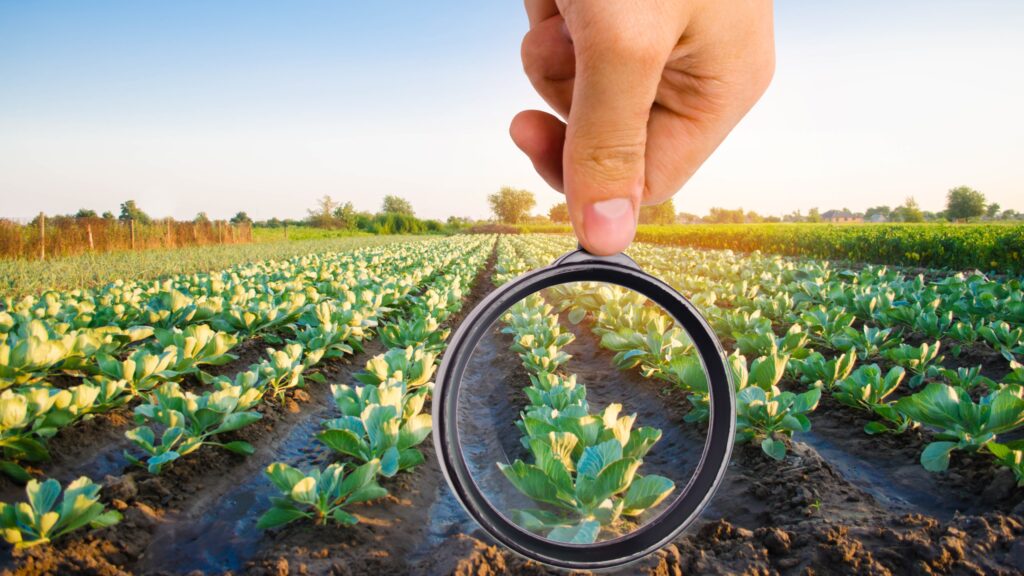Introduction
The shift towards sustainable and ethical practices in agro-industries is not just a trend but a necessity in today’s world. This blog post explores how these practices are impacting the agricultural commodity market and attracting environmentally conscious investors and consumers.
1. Europe Leading the Way in Sustainable Agriculture
Europe has set the benchmark for sustainable agriculture with policies like the European Green Deal and the Farm to Fork (F2F) strategy. These initiatives aim to reduce the environmental impact of agriculture through various measures, including promoting organic farming and enhancing biodiversity. The implications of these policies extend beyond Europe, influencing global trade and setting standards that others are increasingly following
.
2. Global Value Chains and Inclusiveness
About one-third of global agricultural and food exports are traded within global value chains. Sustainable practices in these chains can contribute to growth in agriculture and the food industry. However, inclusiveness remains a challenge, especially for smallholder farmers in developing countries. Policies promoting open markets are essential, but they need to be complemented by measures that improve competitiveness and support small-scale farmers
.
3. The Role of Digital Technologies
Digital technologies are crucial in bridging the divide between traditional and sustainable farming methods. They enable smallholder farmers to integrate into markets and value chains more effectively. However, it’s important to address the risks associated with digital technologies and enhance collaboration among stakeholders to improve governance mechanisms
.
4. The Impact of Sustainable Farming on Biodiversity and the Environment
Sustainable agricultural practices are essential for preserving and restoring critical habitats, protecting watersheds, and improving soil health and water quality. Conversely, unsustainable practices have serious impacts on the environment and biodiversity. As the demand for agricultural commodities rises, the need for sustainable resource management becomes increasingly urgent
.
5. Sustainability Standards in Global Agrifood Supply Chains
Sustainability standards are becoming increasingly important in global agrifood supply chains. These standards are not just about environmental protection; they also encompass social equity. By adhering to these standards, businesses in the agricultural sector can demonstrate their commitment to sustainable practices and appeal to a growing market of environmentally conscious consumers
.
Conclusion
Sustainable practices in agro-industries are shaping the future of agricultural commodity markets. They appeal to environmentally conscious investors and consumers, promoting not only environmental sustainability but also social equity and economic viability.

